Commemoration of International Day Of Rural Women (IDRW) 2024 in Huye District
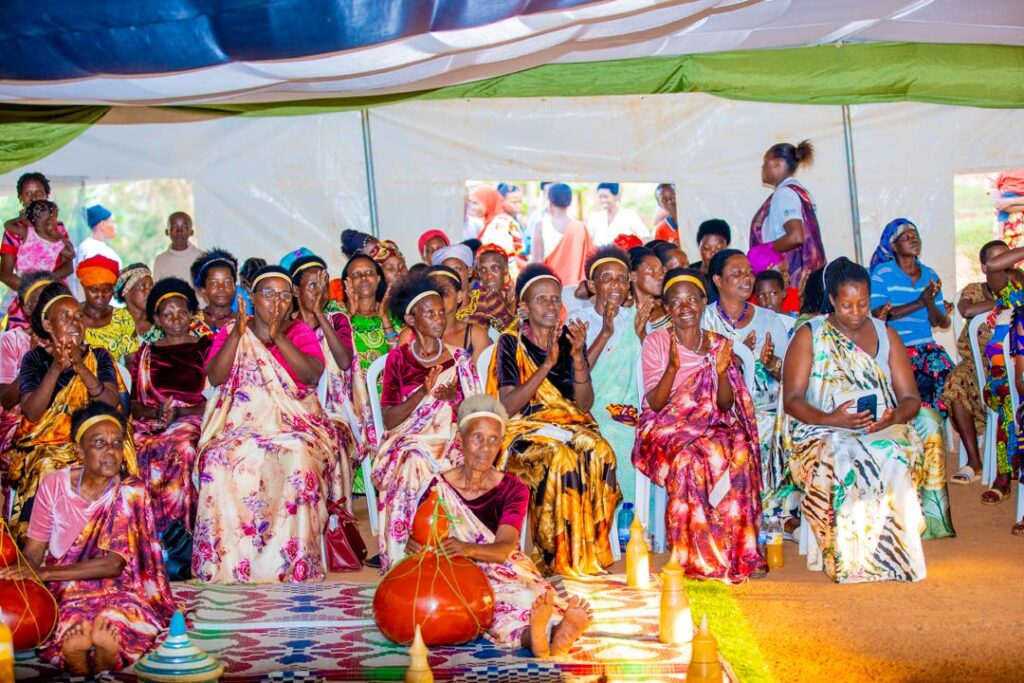
In collaboration with Huye District, KEEPCARE RWANDA has organized a GBV Mobile Clinic to celebrate International Rural Women’s Day. This year’s theme is “Rural Women Sustaining Nature for our Collective Future Building Climate Resilience. Conserving biodiversity, and caring for land towards gender equality and empowerment of women and girls”.
The International Day of Rural Women recognizes rural women’s critical roles and contributions, including Indigenous women, in enhancing agricultural and rural development, improving food security and nutrition, and eradicating rural poverty. These are vital for protecting and securing our common future. The 2024 International Day of Rural Women invites all stakeholders to celebrate rural women’s essential role in building climate resilience, conserving biodiversity, and caring for the land.
There is much to protect against and to restore. Climate change, biodiversity loss, and land degradation have significantly impacted the rights, resilience, and resources of rural women and girls. UN Women’s latest research estimates that globally, under a worst-case scenario, climate change may push up to 158 million more women and girls into poverty and 236 million more women and girls into food insecurity by 2050. Ecosystems, natural resources, and livelihoods are being depleted, and rural women’s ability to safely secure resources, such as healthy food, clean energy, and water, has diminished. Clean cooking fuels and technologies remained out of reach for nearly half of the world’s rural population (45.6 percent) in 2022 and 1.8 billion people worldwide still rely on supplies off-premises for their drinking water. It is primarily women and girls who remain responsible for collecting biomass like wood for heating and cooking, and for collecting water in seven out of ten households.
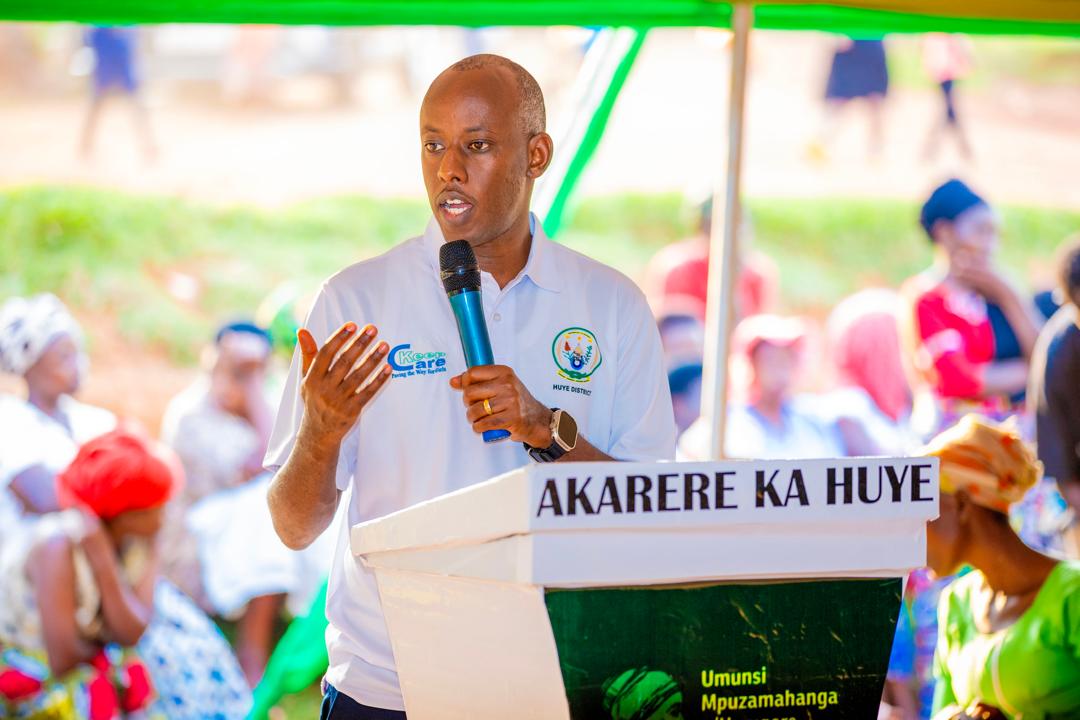
KEEPCARE RWANDA is dedicated to supporting the aforementioned cause.
That’s a commendable mission for KEEPCARE Rwanda. By focusing on biodiversity conservation and land care while promoting gender equality and the empowerment of women and girls, the organization addresses several critical issues simultaneously. Here’s how such initiatives to make a significant impact:
- Biodiversity Conservation:
Protecting ecosystems and preserving various species is crucial for maintaining ecological balance. Rwanda is known for its rich biodiversity, including the famous mountain gorillas. Conservation efforts will help safeguard these species and their habitats.
Initiatives will include reforestation, anti-poaching campaigns, and conservation education programs.
- Land Care:
Sustainable land management practices will help prevent soil erosion, enhance soil fertility, and improve agricultural productivity, which is vital for food security and local livelihoods. It will also involve advocating for policies that support sustainable agriculture and land use.
- Gender Equality and Empowerment:
Empowering women and girls will lead to more equitable societies and improve economic outcomes. Women will play a key role in managing natural resources in rural communities. Programs will include providing education and training, promoting women’s leadership in conservation and sustainable agriculture, and ensuring access to resources and decision-making processes.
- Synergies Between Goals:
KEEPCARE RWANDA believes that combining efforts in conservation and gender empowerment will create synergies. For example, educating and empowering women can lead to more effective community-based conservation efforts. Women empowered with knowledge and resources become advocates and leaders in environmental protection, driving broader societal change. Successful implementation of these initiatives will requires collaboration with local communities, government entities, international organizations, and other stakeholders to ensure sustainable and impactful outcomes.
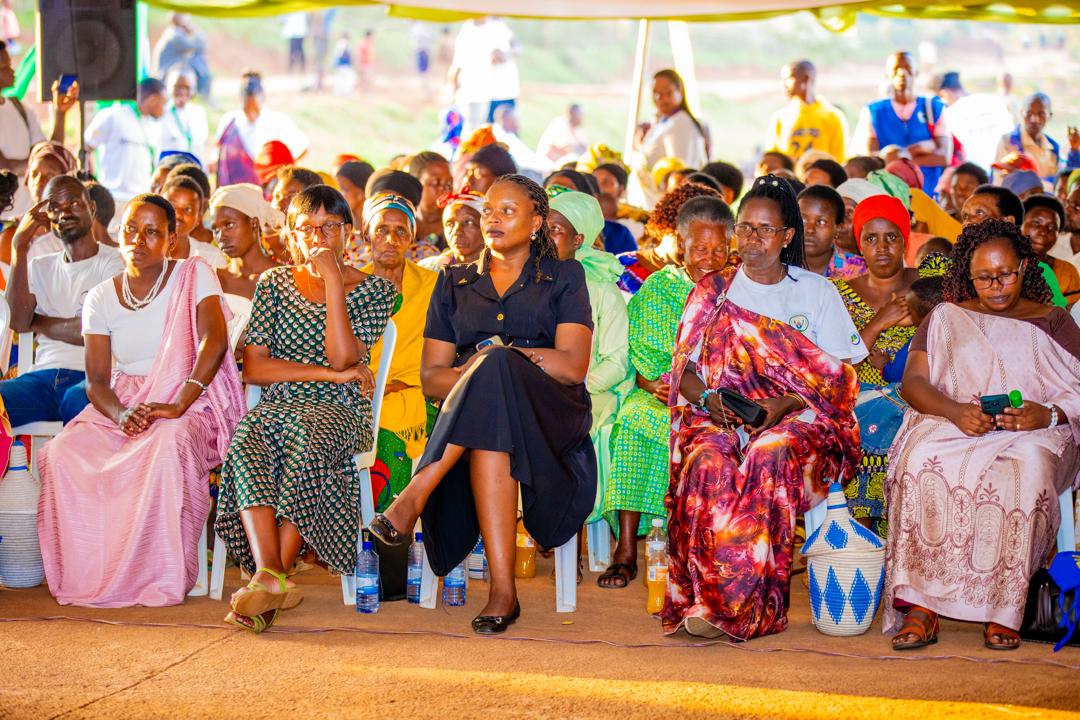
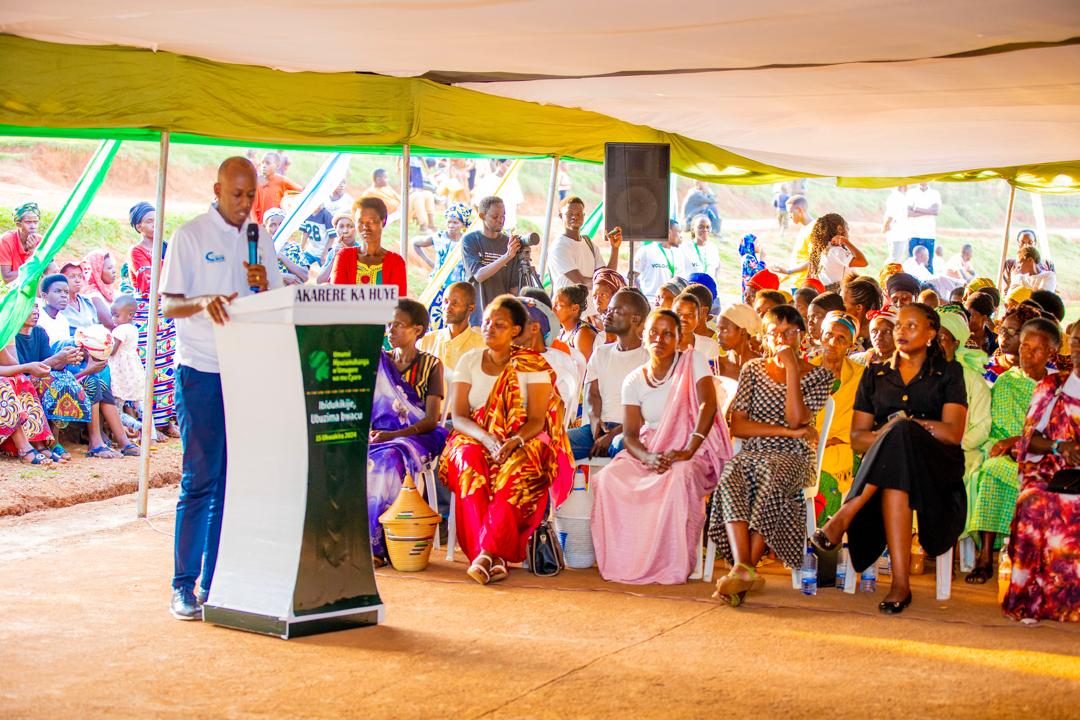
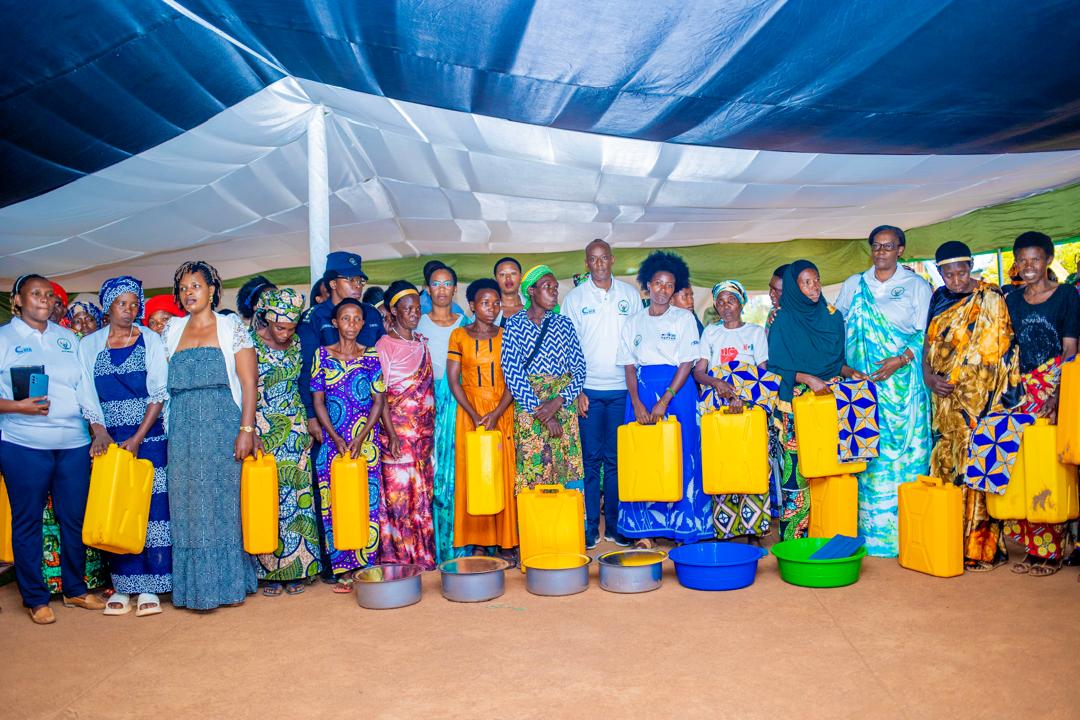

We are a non-government organization that works to improve the lives of vulnerable teenagers through social-economic empowerment and building support for gender equality among teenagers.
Quick Links
OUR PARTNERS
-

- US AID
-

- RWAMREC
-

- Rwanda Governance Board
-

- MenEngage
-

- Mandela Washington Fellowship
-

- Love Alive International
-

- Kansas State University
-

- Department of State, US
-

- Women for Women
-

- Hennie and Rob
Website Developed by Success Arena

Leave a Reply